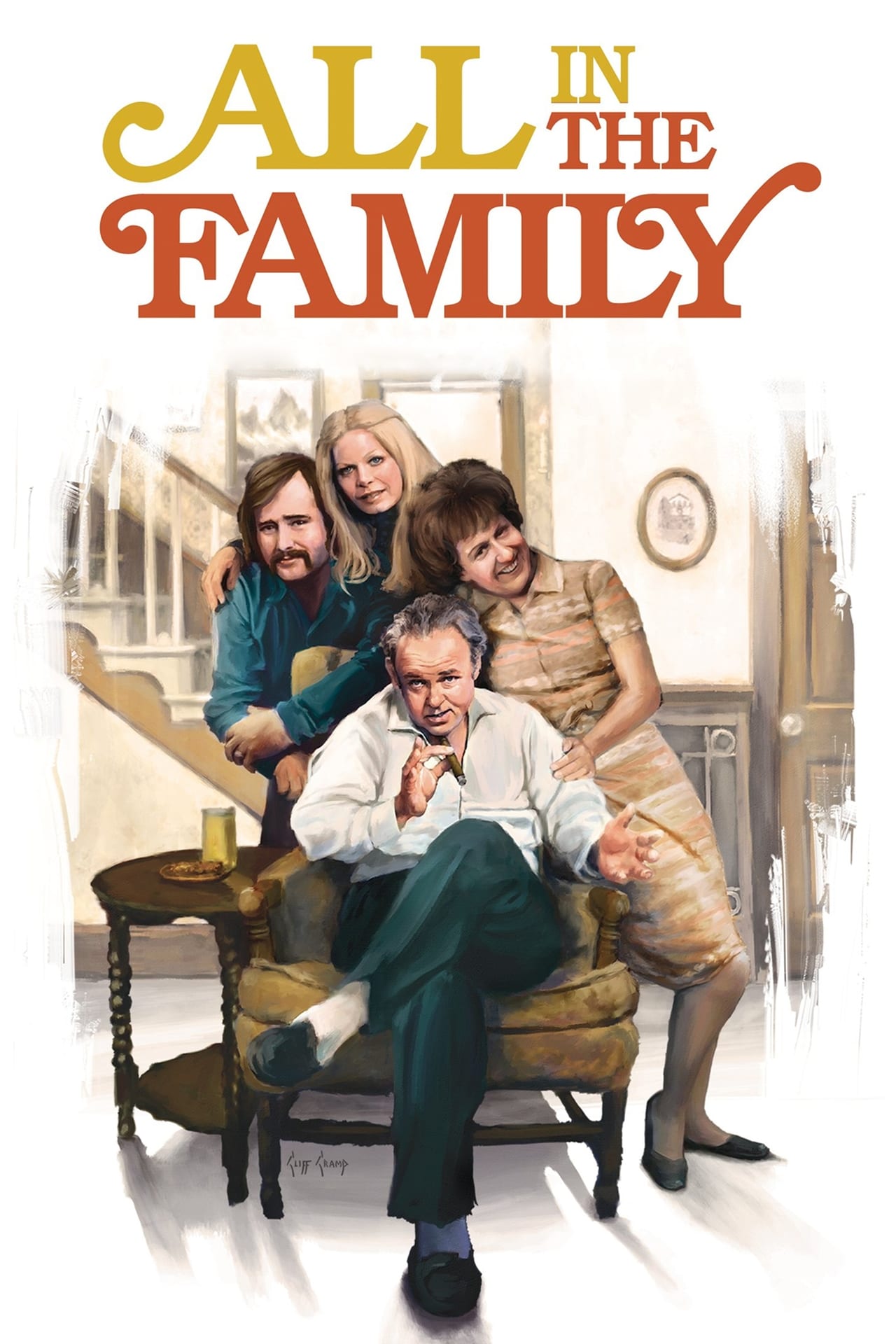About All in the Family:
All in the Family: Revolutionizing Television, One Laugh at a Time
Television has evolved over the years, with countless iconic shows captivating audiences worldwide. In the pantheon of groundbreaking television, few shows have had the lasting impact and cultural relevance as “All in the Family.” This sitcom, which aired from 1971 to 1979, challenged societal norms, sparked conversations, and redefined the boundaries of comedy.
Created by Norman Lear, “All in the Family” introduced viewers to the unforgettable Bunker family. Led by patriarch Archie Bunker, played brilliantly by Carroll O’Connor, the show delved into issues that were deemed taboo for primetime television. Racism, bigotry, feminism, and the generational gap were all tackled head-on, making “All in the Family” a striking and thought-provoking show.
Archie Bunker, with his often bigoted and conservative viewpoints, caused both outrage and laughter. His sparring matches with his liberal and progressive son-in-law, Michael Stivic (Rob Reiner), provided the perfect platform for exploring social issues. However, what set the show apart was its nuanced portrayal of Archie. Instead of painting him as an outright villain, his vulnerabilities and occasional moments of enlightenment made him relatable to audiences. Archie’s journey gradually challenged and transformed his own prejudices throughout the series, allowing viewers to witness the potential for growth and change in even the most stubborn of individuals.
While it may sound heavy, “All in the Family” effortlessly combined drama and social commentary with laughter. The sharp writing and impeccable comedic timing infused every episode with humor, diffusing tension and highlighting the absurdity of certain beliefs. With its balance of silliness and deep introspection, the show taught viewers that it was possible to tackle serious subjects without losing sight of entertainment value.
The impact of “All in the Family” was enormous. It set a new precedent for sitcoms, proving that comedy could be a powerful vehicle for societal commentary. Many subsequent shows, such as “Maude” and “The Jeffersons,” emerged as spin-offs from “All in the Family,” carrying on the tradition of fearless exploration of social issues.
Though it aired half a century ago, “All in the Family” remains relevant today. Its themes of tolerance, understanding, and acceptance are as important as ever. The show’s monumental success can be attributed to its unflinching honesty and unwavering dedication to challenging the status quo. Through laughter and provocative storytelling, “All in the Family” pushed the boundaries of television and opened doors for future sitcoms to follow suit.
